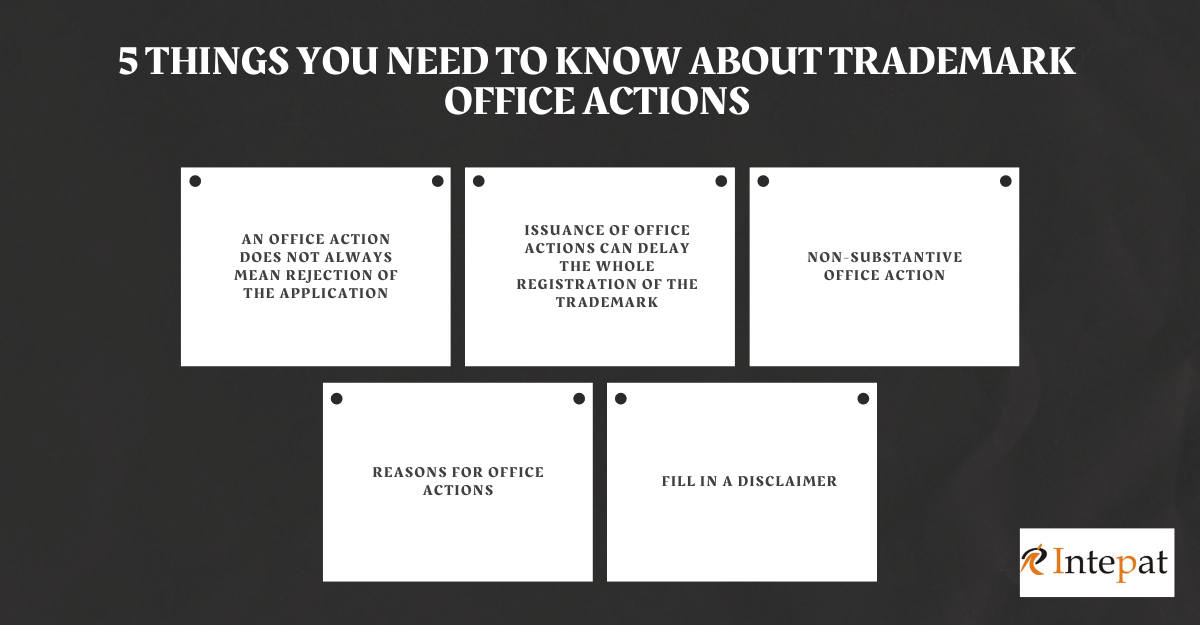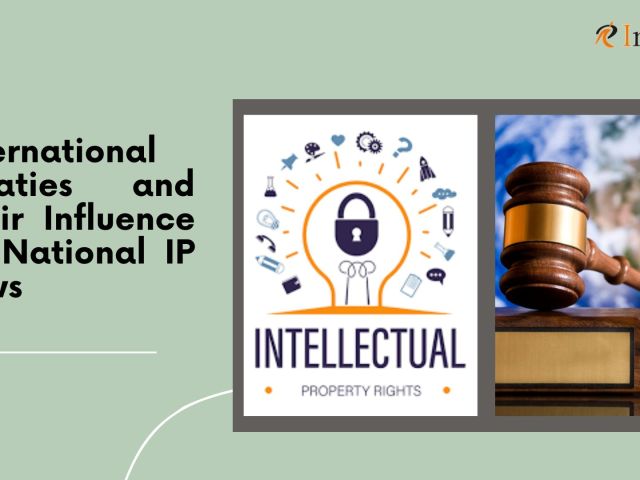Once you have applied for trademark registration, you wait eagerly to get that acceptance letter confirming the registration. But what if you get a letter stating that your mark was not approved for registration? Moreover, the office may request additional evidence as to why your mark should be approved for registration.
The basic fact is that it is usual for trademark applications to hit bumps in the road. When this occurs, the applicants will receive communication from the relevant authority on how to proceed further.
-
An Office Action does not always mean rejection of the application
When the trademark office issues an office action, at first, you might construe that the office has rejected your application. Still, the applicant should find out if the application was rejected indefinitely or if the trademark office requires certain clarifications. These doubts might be directly from the application itself. Otherwise, the office might also provide a specific reason for refusal that you can perhaps rectify. The trademark office might also ask you to provide additional evidence of your claim over your mark.
-
Issuance of Office Actions can delay the whole registration of the trademark
Typically, the registration of a trademark takes about eight months. However, when one receives an office action, the applicant or the authorized representative should respond at the earliest. Otherwise, the application will come to a standstill until the trademark office receives an appropriate response. Once the applicant receives the office action, it will minimum take around two months to approve and process the application. Hence, when one applies for a trademark, one should keep in mind the possibility of office actions and their response timeline. One should also respond to the Office Action at the earliest to avoid any unnecessary delay to move the application forward.
-
Non-substantive Office Actions
Usually, one of the most general reasons for trademark office actions is that the applicant applies for registration in the wrong class of goods or services. These can include problems such as providing a vague description of the goods or services as well. Hence, the examining attorney will suggest amending the application under the applicable rules and regulations.
As much as the need to register your mark at all cost sounds tempting, one should not make amendments blindly. This is because the examining attorney may not be an expert on the nature of goods and services of the business. Moreover, if the examiner narrows down the scope of goods and services, it will become challenging for the applicant to broaden the scope.
-
Reasons for office actions
Sometimes, office actions are issued stating that your trademark is unregistrable because it is similar and likely to confuse with an existing trademark. It may also state that the mark is descriptive in nature or is the name of a geographical area. In that case, the Examining Attorney will give you time to respond to the examination report. They will also mention that in case of no response from the applicant’s side, the trademark application will be deemed abandoned
In case of such queries, the applicant should remember that a general rule of thumb for trademark registration is that they need to be distinct, non-generic words or phrases. Hence, the applicant or their authorized representatives can prove that the proposed mark, in reality, comprises of standard, non-generic terms or phrases. As a result, there is a possibility that the examining attorney moves forward with the application.
-
Fill in a Disclaimer
In some instances, the examining attorney might ask the applicant to curate a disclaimer. They usually ask for such disclaimers if your mark has a descriptive or the generic feature. For example, if your proposed mark is “Gucci Apparels”, the trademark office might request you to issue a disclaimer on the generic word “Apparel.”
You should also remember that not all disclaimer requests from the trademark office are only for the generic aspect of the proposed mark. Sometimes, they might ask you to disclaim a particular point of the mark, which might not be generic as well. Sometimes, the applicant would not wish to disclaim it. Now, you should get in touch with a trademark attorney to discuss the disclaimers without compromising on the mark.
This article gives us an insight into how the trademark office functions while processing applications for registration of trademarks. Internationally, the United States witnesses the most number of trademark registrations and the query regarding their office actions. You can find such interesting and common queries here.




